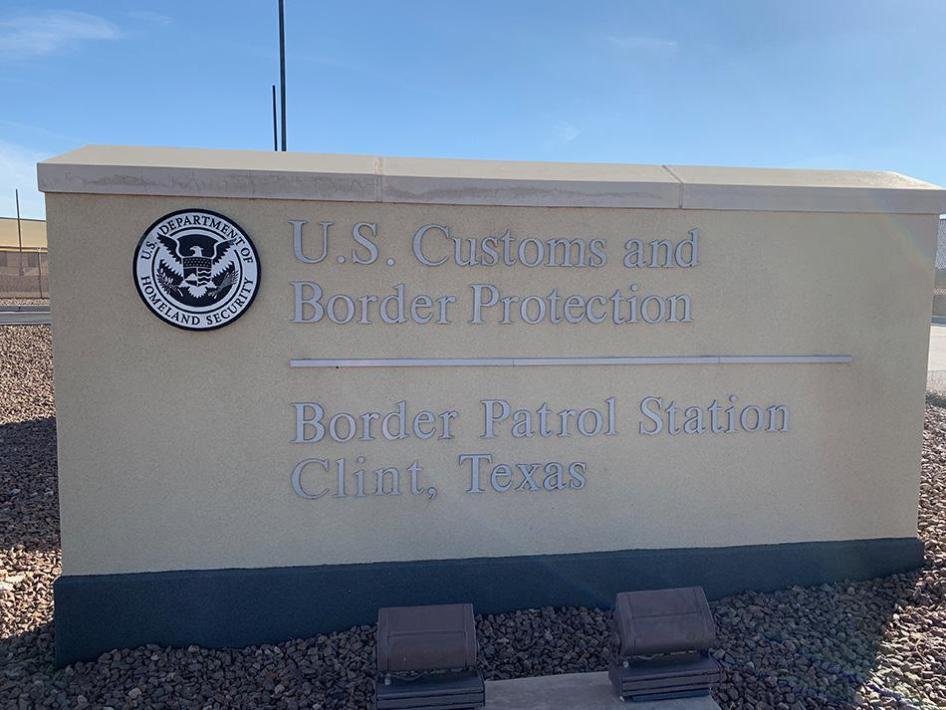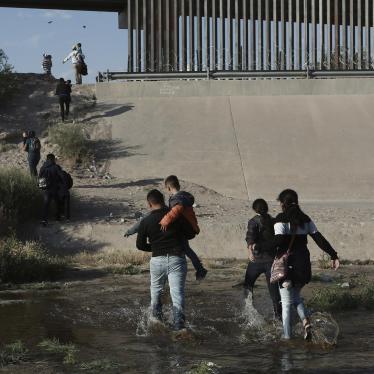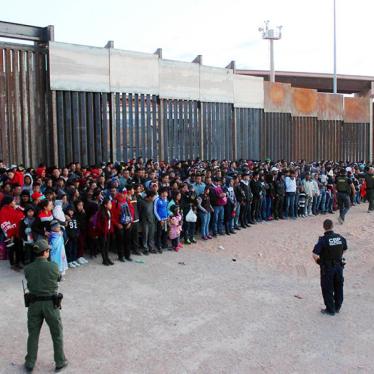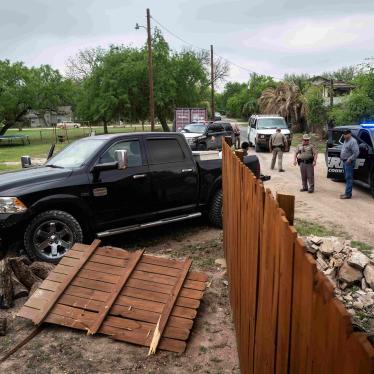Prompted by public outcry over the news that children detained in US immigration holding cells don’t have enough food, water, or care, lawmakers from both sides of the aisle have said they’re looking for ways to make sure that what we saw in the Clint, Texas facility last week doesn’t happen again.
Here are four things you can ask the US Congress to do now:
- End family separation. Yes, it’s still happening. Congress can and should require US Customs and Border Protection (CBP) to stop separating kids from parents and extended family members like grandmothers, aunts, and older siblings – people who are in many cases their caregivers.
Congress should also insist that the relevant US agencies dramatically speed up family reunifications.
- Make sure funding for CBP and the Office of Refugee Resettlement (ORR), which is responsible for long-term care of unaccompanied children and those separated from their families, is conditional on the agencies’ adherence to strict protection standards for children.
This includes time limits for their detention in border station holding cells. And yes, that means toothbrushes, soap, showers, and mattresses for children while they’re in these cells.
- Fund community-based alternatives to detention for kids who can’t immediately be placed with family members. That includes foster care arrangements and small, state-licensed group homes for teens, with appropriate supervision by social workers.
- Write child rights protections into law and ensure the law is followed. CBP and its parent agency, the Department of Homeland Security, have consistently treated their own standards as optional and disregarded court orders. They’ve just proposed regulations that would give them even more discretion to detain children indefinitely in abusive conditions. What’s needed is a statute on the books and a way to compel compliance.
Yes, these reforms cost money. But they are a better use of public funds than the cruel containment policy government agencies are currently paying for – more than US$1 million per day to run the largest ORR facility, in Homestead, Florida, and even more for the detention camp outside Tornillo, Texas until it closed in January.
When we add to that the cost of having Border Patrol officers do childcare tasks and the human cost of the trauma of abusive detention, the humane approach may well be the most economically prudent option as well.









